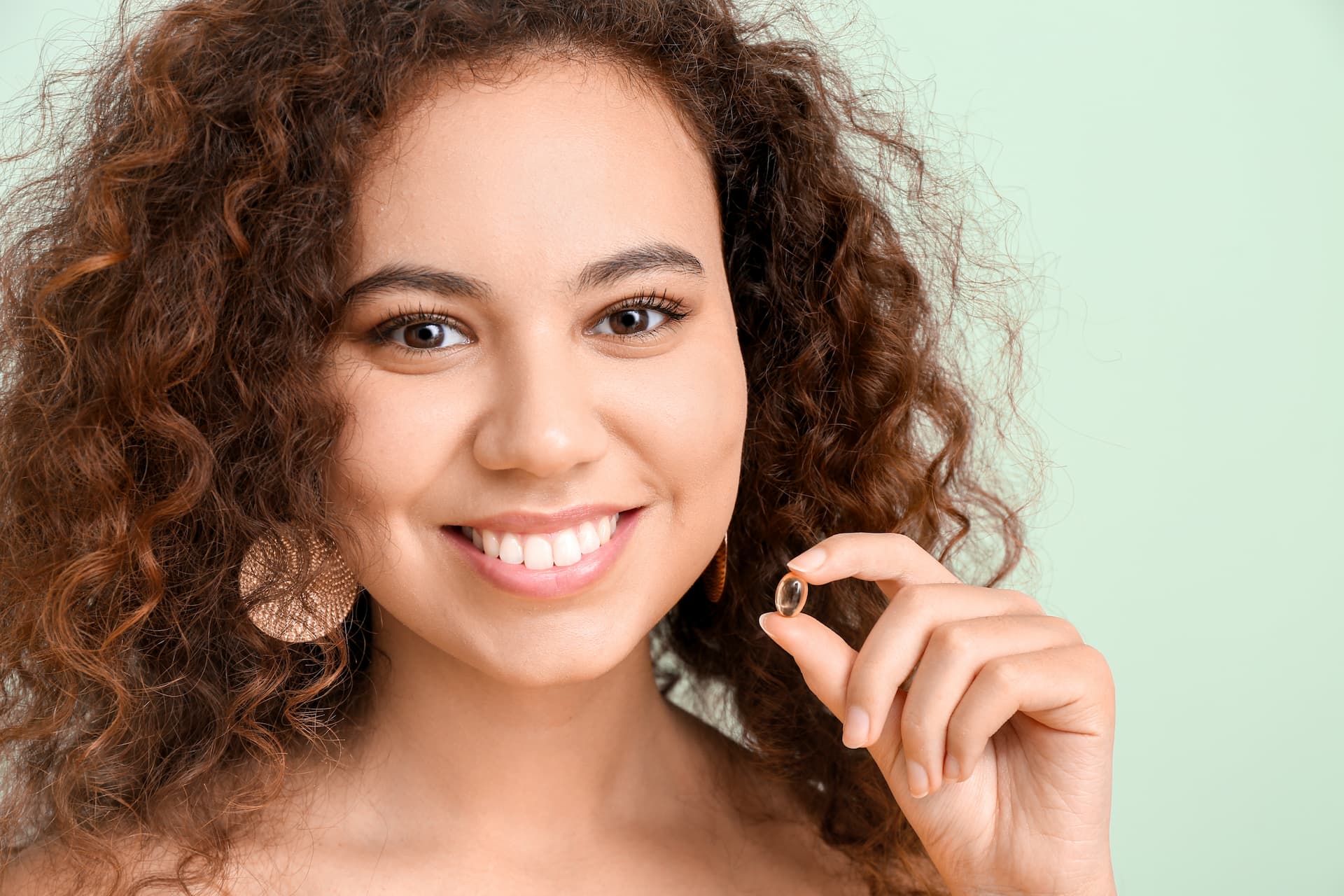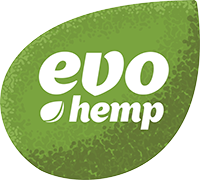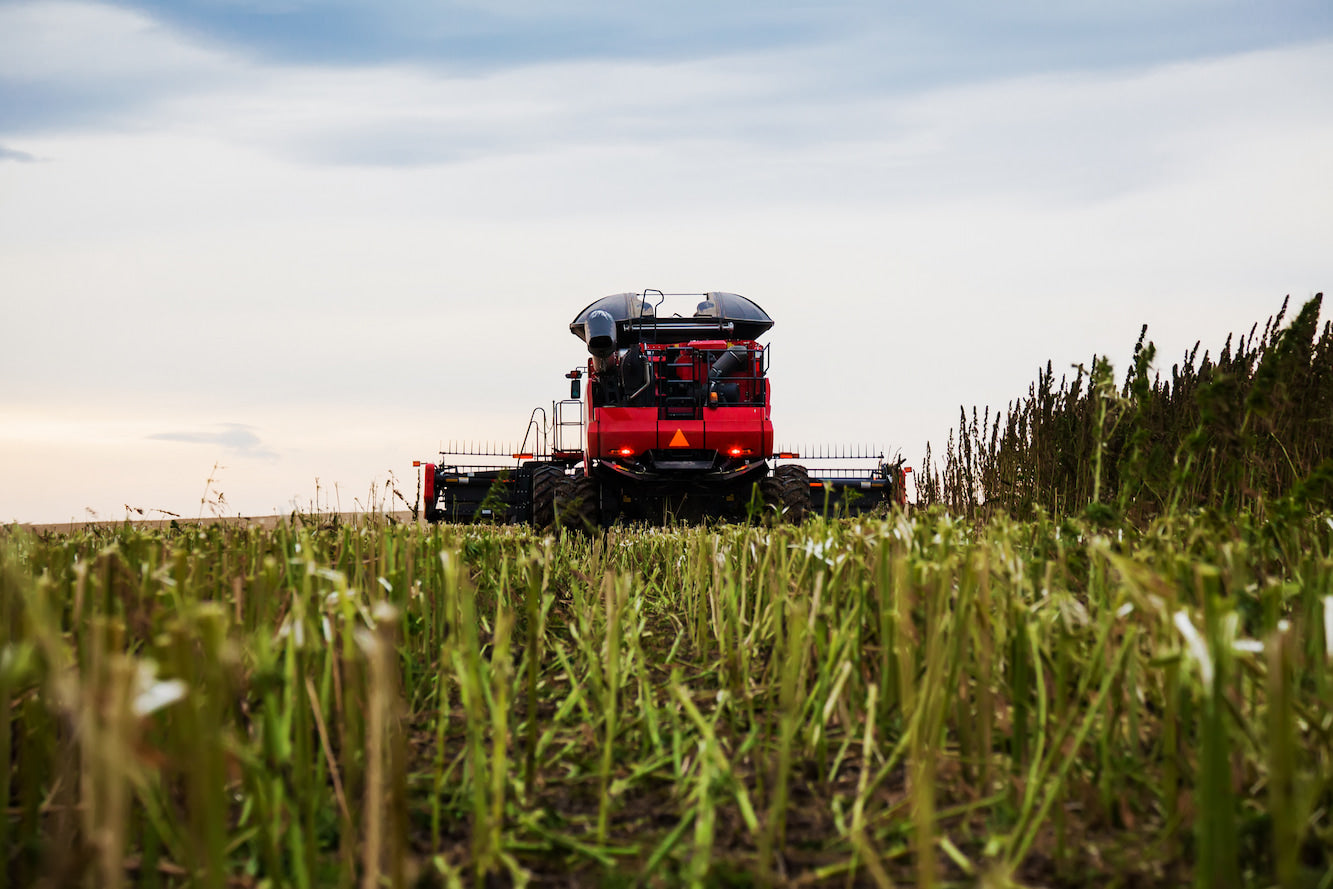What Does CBD Feel Like? What You Can Expect

If you’ve heard about CBD, you may be interested in the many benefits it has to offer. CBD is credited with soothing tension, promoting relaxation, providing sleep support, and more. All of this can be more than a little tantalizing.
But, if you’ve never tried CBD before, it may also feel a little intimidating. What can you expect taking CBD? How does it make you feel? And how does CBD even work in the first place?
If you have any of these questions rolling around your brain, you have come to the right place! evo hemp is here to walk you through it.
What Is CBD?
CBD, or cannabidiol, is one of over a hundred phytocannabinoids found within the Cannabis sativia plant. The bioactive ingredients of CBD can support your mental and physical wellbeing in a number of ways, without producing the psychoactive effects associated with THC–another cannabinoid derived from the cannabis plant.
What is so incredible about CBD is that it often feels like exactly what you need it to feel like?
While CBD is not officially considered an adaptogenic, many believe it acts like one. This means that it helps the body adapt to various forms of stress.
For instance, if you are experiencing physical discomfort after an intense workout, your body would respond and adapt to that stress differently than it would to emotional nervousness about an upcoming project. Similar to an adaptogen, CBD could play a different role to support the body in each situation.
To understand how CBD can provide this support in so many different ways, you need to understand the endocannabinoid system.
What Is the Endocannabinoid System?
The endocannabinoid system (also known as the ECS) is a complex internal messaging system that exists within the human body. The ECS works within the body regardless of whether or not you’ve ever used any plant-based cannabinoid such as CBD. This is because the body naturally produces endocannabinoids, i.e. human-based cannabinoids, which serve as the messengers that the ECS sends throughout the body whenever it senses our homeostasis is out of balance.
Once endocannabinoids are produced, they are sent to cannabinoid receptors (or CB receptors) at the source of the sensed imbalance. CB receptors exist in the brain, nervous system, immune cells, muscles, and within the cells and tissues of all major organs. By engaging all of these different parts of the central and peripheral nervous system, the ECS can use endocannabinoids to help respond to and regulate pain signals, mood and emotions, and sleep cycles, among many other homeostatic processes.
Endocannabinoids are produced on-demand as needed, and after binding to CB receptors they are broken down quickly by our body’s enzymes. In this way, the ECS works to restore balance by providing short-term relief throughout the body as needed.
Because the phytocannabinoids of cannabis are chemically similar to our already-existing endocannabinoids, CBD can partner with the endocannabinoids of the ECS to provide further support and help maintain homeostasis as needed.
How Does CBD Make You Feel?
Because CBD works within an already-existing system to support various aspects of wellbeing, it can be felt in a number of different ways.
One of the main reasons people take CBD is to help support relaxation and calmness. Because CBD works within the natural flow of the ECS, the relaxation that can come after using CBD is often a low-key, natural feeling.
CBD is also naturally soothing, and can help reduce feelings of physical and mental tension. A lot of this has to do with the way CBD supports the naturally-produced endocannabinoid called anandamide, also known as the “bliss molecule.”
Anandamide does exactly what its nickname suggests: works within the brain to promote feelings of pleasure and bliss. The ECS also helps regulate mood and build pleasure by engaging with the serotonin and dopamine neurotransmitters. When CBD is used to support the ECS, the calming effects of the bliss molecule can feel even stronger.
Many CBD users also find that by relaxing the body and clearing the mind, CBD can also help promote feelings of relaxed sleepiness (but not drowsiness) before bed, leading to better sleep quality that will help you wake up feeling rested.
But, again, as an adaptogen-acting agent, CBD can make you feel different depending on your needs. While it may help with sleepiness when taken at night, it could also help stimulate the brain when taken in the morning, as the brain uses more energy during this time.
Ultimately, by supporting the ECS in responding to disruptions to homeostasis, the main feeling you’ll get from CBD is a return to “normal,” — a return to balance. This can come in the form of easing emotional stress, soothing discomfort in the muscles or joints, or clearing the mind as needed.
Can CBD Make You Feel High?
Because all federally legal forms of CBD products are required to have less than 0.3% THC content (and CBD isolate products do not have any trace of THC), CBD will not make you feel high or lead to any mental impairment.
Many people enjoy CBD products because they can support full-body wellness without causing the intoxication or paranoia some people may experience when using cannabis with a high THC content.
What Is the Entourage Effect?
While the amount of THC found in full-spectrum CBD products is not enough to produce any psychoactive effects, it does allow for the entourage effect. The entourage effect takes place because the various cannabinoids, terpenes, antioxidants, and fatty acids from the cannabis plant naturally interact synergistically to enhance the effects of CBD.
Basically, any of the feel-good effects of CBD can feel even better when all of the nourishing plant parts are included.
Many people prefer full-spectrum CBD products because of the entourage effect and the added relief it can bring.
If you want to experience that much-desired entourage effect but are sensitive to THC or simply prefer a product without it, you can get broad-spectrum CBD products. Broad-spectrum includes all of the plant parts except THC, which allows for the entourage effect, albeit a slightly less concentrated one.
And if you want a product that is only CBD, with none of the other plant parts, you can opt for CBD isolate. This form of CBD won’t cause the entourage effect, but can still support the body in soothing tension and relieving stress.
How Long Until the Effects of CBD Kick In?
Typically, you’ll feel the benefits of CBD within 15 minutes to an hour, depending on the form you take it in. A CBD oil or tincture taken sublingually will kick in faster than a CBD edible will.
While short-term relief can kick in quickly, you’ll want to take CBD consistently to really take advantage of its benefits. CBD builds in the body over time, so taking it daily helps maintain its benefits more meaningfully than taking it on occasion can.
For instance, you’ll want to take CBD for at least a week for ongoing stress relief, and you’ll want to use CBD before bed for at least a couple of days to help regulate your sleep cycle.
How Long Do the Effects Of CBD Last?
In most cases, you’ll feel the effects of CBD for anywhere between two to eight hours after taking. Consumables tend to last longer than oils and tinctures do.
You can extend the amount of time CBD stays active in the body by taking on a full stomach or with a fatty meal. And again, taking consistently over time can lead to longer-lasting effects.
How Much CBD Should You Take?
An average daily dose of CBD ranges from ten milligrams to a few hundred milligrams.
When starting out, remember that less is more. The best way to find what dose is right for you is to take five to ten mg of CBD per day, and work your way up another five to ten mg at a time until you hit your sweet spot. This trial-and-error will allow you to find a dose that fits your needs, without potentially wasting CBD by taking more than your body requires.
Interestingly, CBD is thought to present on a bell curve in terms of dosing. This means that once you hit a certain dose, the effects start to decrease. So, while you do need to take enough CBD to lead to results, too much CBD will not provide any added benefit.
Can You Overdose On CBD?
CBD is considered safe even in extremely high doses, and there is currently no evidence that you can overdose on CBD.
You should, however, avoid taking more than 100 mg of CBD at a time, especially if you are using a full-spectrum CBD product. While clinical trials have found that participants can safely take up to 1,500 mg of CBD per day, this is far more than you’ll ever need to enjoy the soothing effects of CBD, and minor side effects such as GI discomfort have been associated with such high doses.
What Are the Side Effects Associated with CBD?
Side effects of CBD are rare, and typically only associated with high doses (over a hundred mg at a time). The good news is that even when taking high doses, side effects of CBD are mild and short-lived. These can include headaches, drowsiness, nausea, diarrhea, and dry mouth.
Starting small and increasing your dosage only a little at a time can help avoid unwanted side effects.
You’ll also want to make sure you are purchasing products from trusted brands that use third-party lab testing and provide a certificate of analysis for their products.
Because CBD products are not individually approved by the FDA, a certificate of analysis is the best way to ensure that high-quality ingredients are used and that the ingredients and dosage on a product’s label are an accurate reflection of what is inside the product.
Is CBD Addictive?
Because CBD is not a psychoactive or intoxicating substance, it is not considered addictive, even in its full-spectrum form. In fact, CBD is thought to balance out the effects of THC, and can even help reduce unwanted psychoactive effects of a cannabis high.
What Is the Best Way To Experience CBD?
When it comes to choosing a form of CBD to enjoy, the possibilities are endless!
Many people like to start out with a CBD oil, as it is easy to control and change the dose as needed, and it’s really easy to take.
The effects of CBD oil will kick in quickest when dropped directly under the tongue and held there for 90 seconds before swallowing.
We personally love our water-soluble CBD powder as a starter to CBD because it can be mixed into just about anything, it contains THC, and it’s 10x more bioavailable than CBD in oil form.
This is especially helpful for those who don’t enjoy CBD’s naturally earthy taste (some people love it, but it is certainly not for everyone!).
You can mix CBD powder into your morning coffee, a tasty smoothie, or even a nut butter to smear on your PB&J or top a baked good with.
We just don’t recommend cooking with or baking CBD in any form, as heat can destroy its active ingredients, leading you to lose out on its effects.
Aside from powders and oils, you can also choose from CBD gummies, crystals, softgels, or capsules. Let your personal preferences guide you, and enjoy how CBD makes you feel in whichever form you choose!
Sources:
What Are Adaptogens? Healing Herbs for Stress and Fatigue | Time
- Tags: CBD



